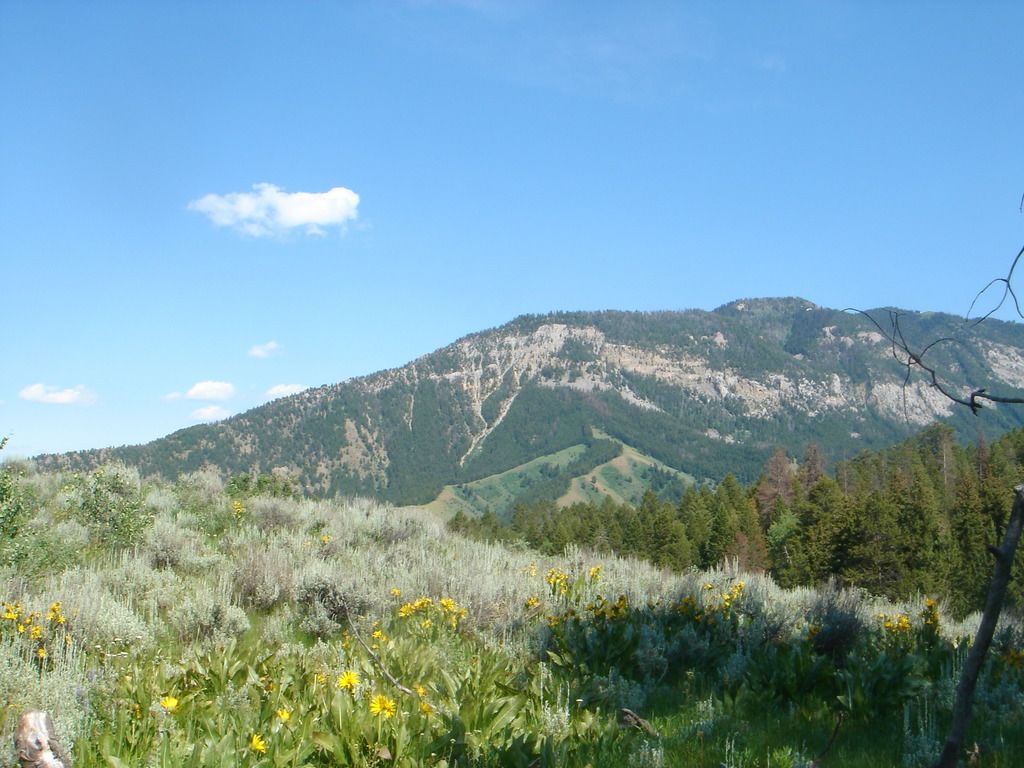Urgent steps for environmental protection and mitigation of global warming
The Earth's climate is warming, largely due to human-induced greenhouse gas emissions. It's up to all of us to do something about it.
Science and Society: United Front Against Climate Change
Both science and society have essential roles to play in mitigating the effects of climate change. While scientists contribute by researching ways to reduce greenhouse gas emissions, it's the public's agreement and action that can prevent catastrophic climate change. This means significant changes to our lifestyles and work habits, but inaction will only lead to bigger problems.
Global Collaboration: Fighting Climate Change Together
Climate change is a global issue, and since 1992, the world's nations have been meeting annually under the United Nations Framework Convention on Climate Change (UNFCCC) to find solutions. One example of global collaboration is the Paris Agreement, a legally binding global climate agreement, in which 196 countries committed in 2015 to limit temperature increases to 1.5°C above pre-industrial levels.
New Zealand's Response: Cutting Emissions and Research
New Zealand ratified the Paris Agreement early, signaling its commitment to combating climate change. The New Zealand Emissions Trading Scheme charges businesses emitting greenhouse gases, providing an incentive to reduce emissions. Approximately half of the country's greenhouse gas emissions come from agriculture, mainly methane from ruminants. To address this, the government funds the New Zealand Agricultural Greenhouse Gas Research Centre to reduce methane emissions from ruminants and promotes using soil and trees to store carbon.
Scientists' Role: Finding Solutions for a Better Future
For many researchers, tackling climate change has become a top priority. Dr. Ros Rickaby, an expert in biochemistry, felt the weight of this responsibility early in her career and chose to investigate the effects of increasing ocean acidification on biological systems. She is one of nearly 40 scientists featured in the film Thin Ice - The Inside Story of Climate Science.
Combating Climate Change: Empowering the Public and Innovative Communication
The battle against climate change demands new ways of engaging and educating the public. Antarctica New Zealand, for example, collaborates with the Deep South National Science Challenge, adopting creative approaches to reach diverse audiences. Business entrepreneurs, astronauts, musicians, and social media stars like Jamie Curry are leveraging their platforms to spread climate change awareness and inspire action. Youth-led groups like Generation Zero, School Strike 4 Climate, and Earth Guardians also work to engage communities and political leaders.
On an individual level, we can adopt more sustainable habits:
- Use fuel-efficient vehicles or better yet, walk, ride a bike, or use public transportation.
- Improve energy efficiency by unplugging devices when not in use and buying energy-efficient products.
- Consider vegetarian meals and reducing waste. Rubbish buried in landfills produces methane, a potent greenhouse gas.
- Stay informed and get involved.
Together, these small actions can lead to significant change. Let's be part of the solution instead of the problem.
Enrichment Data:The current global status of the United Nations Framework Convention on Climate Change (UNFCCC) and the Paris Agreement is one of heightened urgency and ongoing negotiation. In 2025, countries like the EU are preparing updated Nationally Determined Contributions (NDCs) with more ambitious targets for reducing greenhouse gas emissions, particularly by 2035. These new NDCs also outline National Adaptation Plans detailing strategies for coping with climate change impacts. The focus remains on keeping global warming below 1.5°C.
Based on available knowledge, New Zealand has committed to reducing greenhouse gas emissions by 50% below gross 2005 levels by 2030. It has implemented the Zero Carbon Act, set a net-zero emissions target by 2050, and established an independent Climate Change Commission to advise on policy and monitor progress. New Zealand has also introduced emissions pricing through the Emissions Trading Scheme (ETS) and promotes renewable energy, electric vehicle adoption, and sustainable land use practices.
- In the fight against climate change, educational institutions and self-development programs play significant roles in equipping individuals with the knowledge needed to make informed choices. For example, studying environmental science can provide a profound understanding of climate change and its impact on the Earth's biosphere.
- As part of the global collaboration to combat climate change, understanding the scientific basis of climate change and its implications is crucial. Learning about climate change from reliable sources, like renowned scientists featured in films like Thin Ice - The Inside Story of Climate Science, helps bolster our resolve to take action and contribute to a better future for our planet.






